Fear of the unknown is a common human experience. At this point in our lives, we are all feeling uncertainty and many young kids and teens are feeling anxious. If you’re a parent with a child or teen that suffers from anxiety, here is a brief list of considerations, tips, and more to review in light of the Corona pandemic.
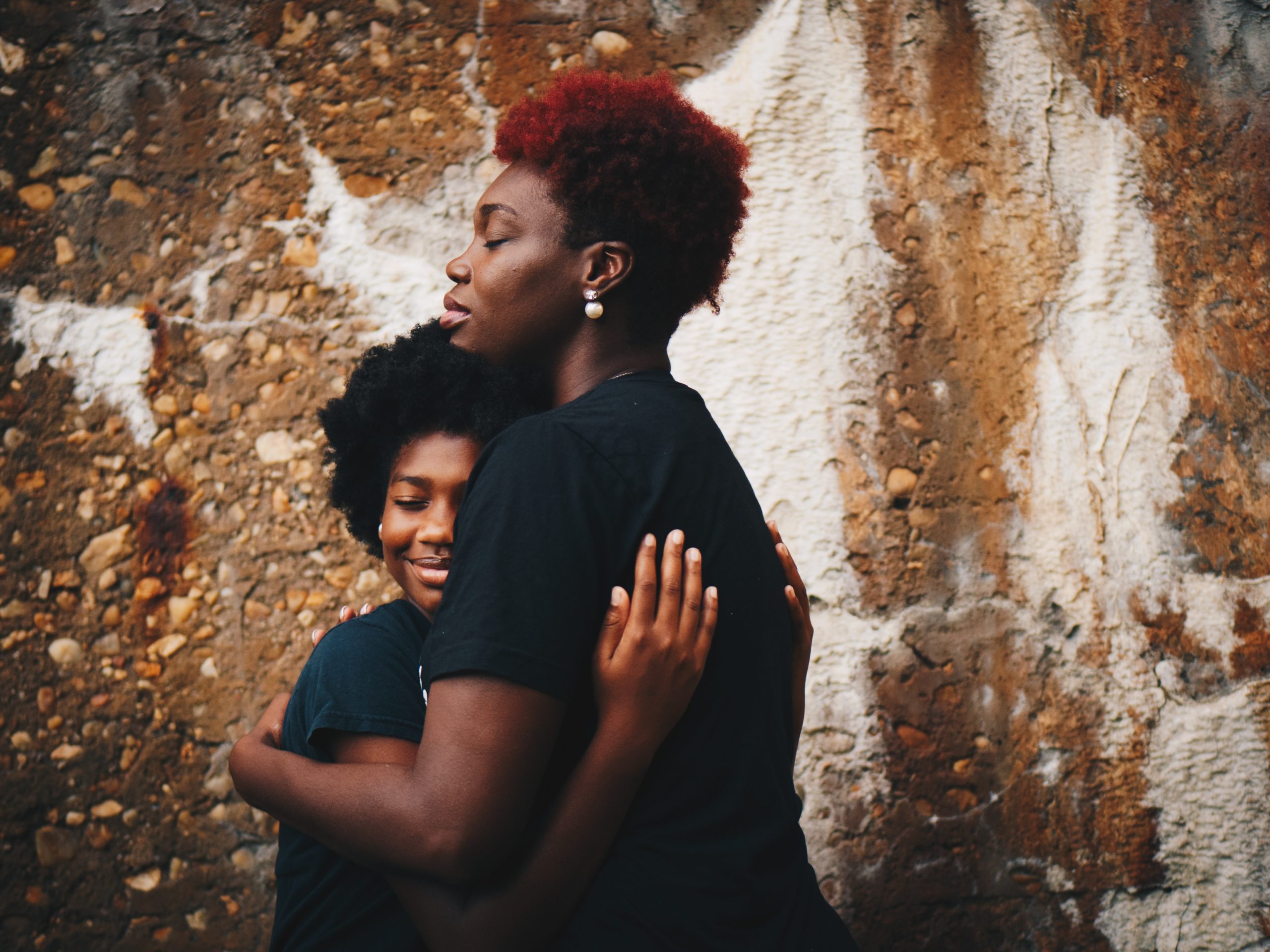
Understanding Anxiety
To summarize some of the basics, our body’s automatic nervous system has two parts, the sympathetic and parasympathetic nervous systems. Stay with me, this will be a short review…
The fight or flight response is triggered by the sympathetic nervous system, which is deemed responsible for the surge of anxiety and anxiety attacks. Our bodies practice these surges for various reasons and this is believed to be a part of what may cause anxiety and panic attacks. The good news is that we can reduce these anxious surges by engaging in activities that activate its counterpart, the parasympathetic nervous system.
In contrast, the parasympathetic nervous system tells our body that it’s safe to relax as the threat of danger is now gone. This, in short, is a key reason for the importance of engaging in physical activity and relaxation exercises when you suffer from chronic anxiety.
Make Time for Physical Activity and Relaxation
Anyone who’s read about anxiety and or been involved in therapy for anxiety has learned about the benefits of relaxation. A major reason for this is developing the person’s ability to manage their body’s physiological response to anxiety. Many suggest that the surge in anxiety among our population can be a correlation to our limited physical activity. It is for this reason that exercise and relaxation are deemed helpful in managing anxiety.
Examples of Physical Activity:
- Going for a walk or jog in the neighborhood
- Online workouts – Kids’ options are available
- Play outdoor games/sports by practicing moves or skills
Examples of Relaxation:
- Guided meditation
- Breathing exercises
- Defusing essential oils
- Yoga
All of these activities can be done at home by finding videos on YouTube and other websites. There are also many apps and websites that provide many of these services.
Model Calmness
Children are very receptive of their parents’ or primary caregivers’ attitudes and behaviors. This is especially true right now in the midst of this global pandemic. As you can probably imagine, this means that your words and actions are pivotal in how your child will manage their anxiety. If you are feeling anxious, then it’s all the more important for you to model the positive coping skills mentioned here for your children.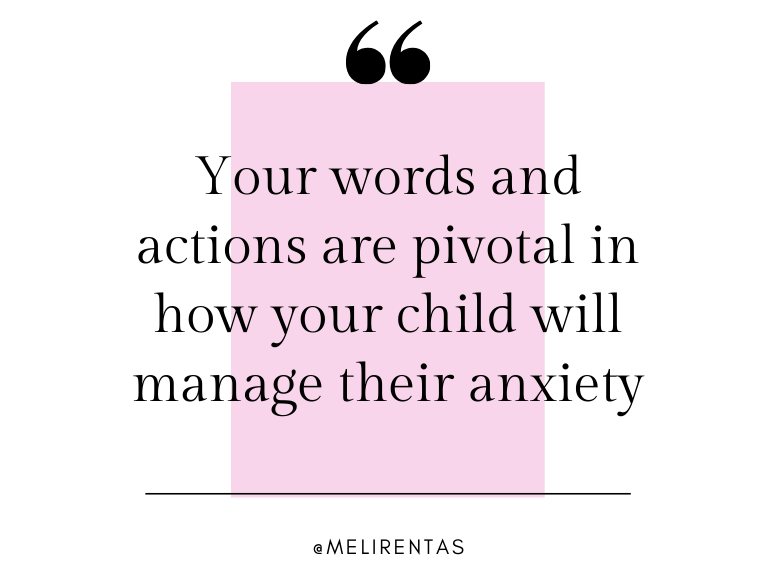
Maintain Normalcy
With school being out for the next several weeks it is important to maintain a consistent daily routine. This really helps sustain circadian rhythms, which influence hormones and therefore regulate mood. Consider keeping the same wake and sleep time for your kids on weekdays. Also create a set schoolwork, lunch, dinner, and recess/physical activity schedule. This consistency is great for both adults and children. This may mean creating a new routine for the next several months, but by all means, consider creating a routine.
Validate Feelings
It’s important to validate feelings when helping someone work through their anxiety. There’s not much worse than being told directly or indirectly that you shouldn’t feel what you feel. These messages make a person feel judged and as though they cannot communicate with you. Furthermore, not honoring a person’s anxiety will lead to them shutting you out. Essentially, it’s important to practice compassion with children suffering from childhood anxiety.
Example:
I hear you saying you’re nervous about ___, this IS a very difficult and stressful time. (Allow them to respond.)
What do you think we can do to help you work on these feelings of worry? (This is a solution-focused statement.)
You’re coaching them to the answers instead of telling them. This is useful as they’re able to have an active role in managing their feelings and buidling problem-solving skills.
Active Listening
Taking the time to hear-out your child’s feelings about their anxiety is a very basic but important skill for parents. Active listening means allowing the child to express their feelings freely, without interrupting or judging. This also means eliminating any words that tell them how to feel.
Discuss Facts
Being well-informed is most effective in managing childhood anxiety. In regard to the Coronavirus, understanding the probability and possibility of contracting the illness along with what you as a family are doing to limit exposure can be very helpful. You can discuss some of the facts regarding the ages at most at risk for experiencing extreme health risks, as well as other pertinent facts for a realistic view of the illness and its effect on the world.
It’s important to stress both the importance of finding factual information and balancing how much of this information you consume. As a parent, you can do some of the preliminary research for your child in these areas to help avoid the rabbit hole of news articles and videos. Another very important note: limit exposure to the news media.
Collaborate with a Mental Health Professional
If your child is experiencing chronic anxiety, then please consider working with a mental health professional. In light of our stay at home order, many therapists are offering telehealth services through online platforms. You can contact your health insurance for a list of providers.
Bibliotherapy
Bibliotherapy refers to reading books in an area of concern for learning positive coping skills. This can be very effective for both parents and children as it widens the scope for learning various coping skills and techniques. Many books can be found on Amazon for varying age groups and mental health subjects.
To Conclude
All in all, the biggest and best changes are made when parents or caregivers take an active approach to work with their children through anxiety or any other presenting health concern(s). “A cord of three strands is not so easily broken”, Ecclesiastes 4:12. There is strength in numbers.
We will be on the other side of this pandemic and parents are the first people children seek for care and comfort. It is my hope that this brief post will be helpful for those looking for techniques to help their kids work through their anxiety. See below for more resources.
A Few Recommendations
- Wellspring is a counseling organization in Miami-Dade and Broward County that is offering Telehealth services
Books for Kids, Teens, and Parents
- What to do When You Worry Too Much: A Kid’s Guide to Overcoming Anxiety
- Coping Skills for Kids Workbook: Over 75 Coping Strategies to Help Kids Deal with Stress, Anxiety, and Anger
- Anxiety Relief for Kids: On-the-Spot Strategies to Help Your Child Overcome Worry, Panic, and Avoidance
- The Anxiety Workbook for Teens: Activities to Help You Deal with Anxiety and Worry
- Freeing Your Child From Anxiety, Revised and Update Edition: Practical Strategies to Overcome Fears, Worries, and Phobias
Important note: If you’re experiencing thoughts of hurting yourself or someone else, please contact the National Suicide Prevention Hotline at 1-800-273-8255.
Let’s connect! Follow me on Instagram where I share often about motherhood and mental health @melirentas.



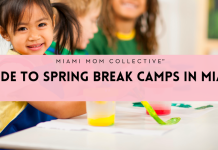
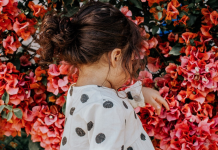






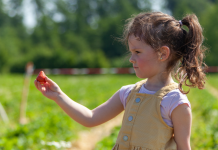






Totally needed this for MYSELF, Meli! Thank you for sharing your knowledge ❤️
That’s awesome Krystal! Thanks for sharing.
Comments are closed.